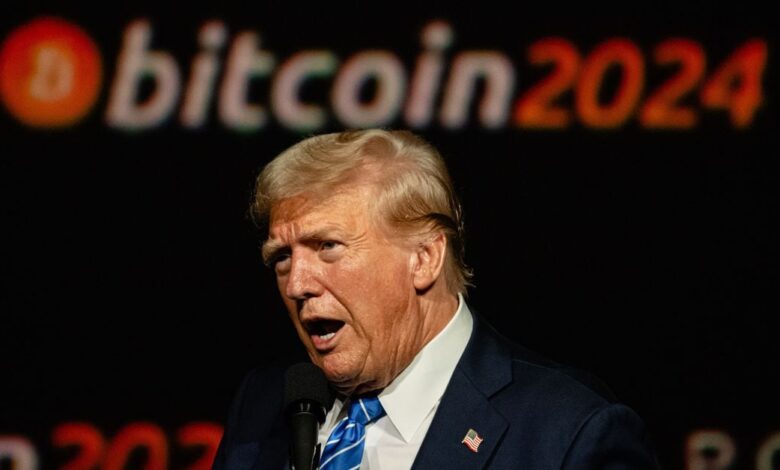
Moish Peltz, a partner at Falcon, Rappaport and Berkman, shared with CoinDesk that regulations regarding seized bitcoin could potentially differ across departments and be influenced by the manner in which the bitcoin was confiscated. According to Peltz, it is possible that a portion of the seized bitcoin may require Congressional approval, although this may not always be the case.
When it comes to seized bitcoin, the rules and processes involved can vary based on a variety of factors. Different government departments may have their own protocols and requirements for dealing with seized digital assets. Additionally, the method by which the bitcoin was initially seized can also impact how it is handled moving forward.
Given the decentralized and relatively new nature of cryptocurrencies like bitcoin, there is still a level of uncertainty and ambiguity surrounding how they are treated in legal and regulatory contexts. As a result, navigating the complexities of seized bitcoin cases can present unique challenges for law enforcement agencies and policymakers.
As the landscape of digital assets continues to evolve, it will be important for regulatory bodies to adapt and refine their approaches to handling seized bitcoin. This adaptability and willingness to respond to changing circumstances will be crucial in ensuring that the legal framework surrounding cryptocurrencies remains effective and up-to-date.







